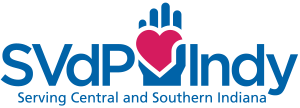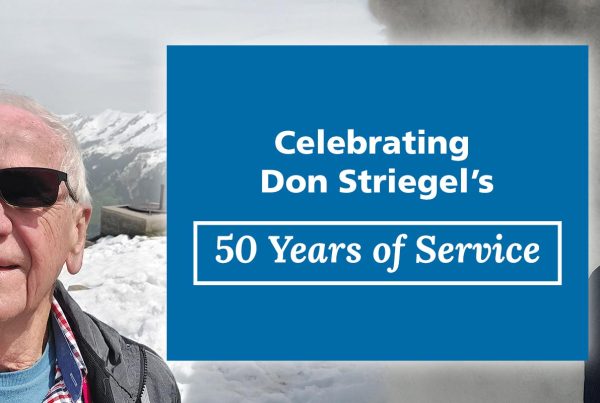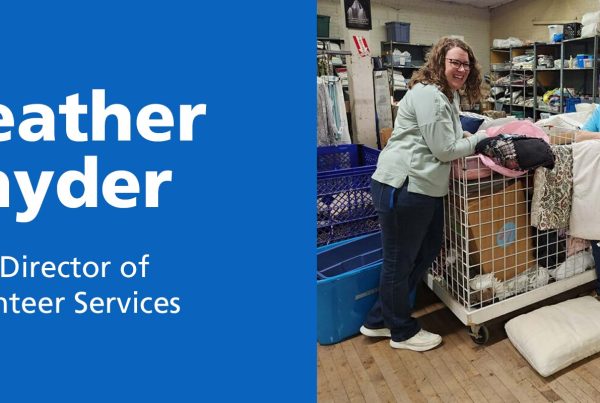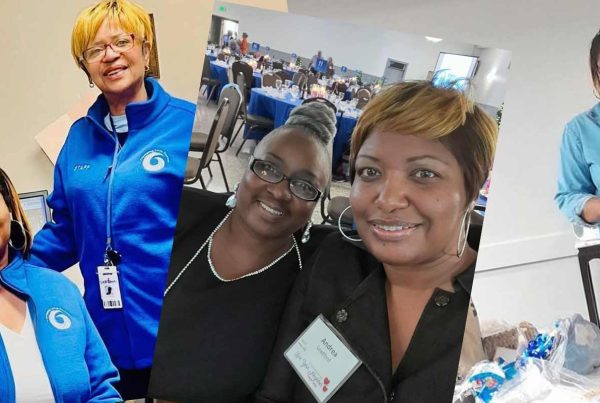In SVdP’s Southern District, community collaboration is second nature. As a smaller community, local social justice advocates have learned they can do more together than apart. As a result, it’s commonplace to leverage community relationships to address food insecurity and other basic living needs.
So it’s no surprise that when Jim and Marilyn Clerc, SVdP volunteers and members of St. Bartholomew’s in Columbus, wanted to launch a Changing Lives Forever (CLF) program, they turned to the community.
Discernment and Determination
The Clercs spent quite a bit of time trying to discern how to bring CLF to Columbus. And a large part of that process involved discussions with multiple non-profits in Bartholomew County, including Love Chapel, United Way, Brighter Days and numerous local churches.
“We didn’t want to duplicate any existing community efforts, but rather contribute to them,” explains Jim.
Plus, there’s strength in numbers: “It just makes sense to approach it this way,” says Marilyn. “As a non-profit, we’ve learned we can get further by collaborating.”
Ready to Go
With each meeting, the Clercs were more convinced that CLF could be life-changing to the community they love. With other organizations in place to provide mentoring and other necessary services—networking, transportation, job interviewing skills, etc.—the first Columbus CLF session kicked off at Love Chapel’s food pantry in January 2020.
Halfway through the session, the group was temporarily suspended as the world went on lockdown for COVID-19. In May, they resumed the course, meeting in person—socially distant, of course. Three investigators came back and graduated.
Transitioning to Virtual
While the Clercs hoped to kick off another in-person session in early 2021, they have opted to go virtual in order to ensure the safety of everyone. Taking the same thoughtful approach they did initially, they are gleaning “best practices” from other SVdP groups that have already adapted to virtual.
First up: removing technology barriers.
“We’re working to raise money to buy affordable devices for participants and ensure they have an internet connection,” says Jim.
They’re still working out specifics but the devices will either be a “loaner” or a gift for those who graduate from the program.
“Access to ongoing technology is key to getting ahead,” says Marilyn, “so we want to provide the tools needed to be successful.”
They’re also determining ways to build relationships and trust early on, even before the sessions kick off. Jim says they may do smaller groups or one-on-ones (virtually and socially distanced with masks) to help make connections that they would normally make in person.
Different but Promising
Moving forward, 2021 looks promising for CLF—different yet again, but promising. Ongoing community collaboration will be key as the Clercs and many others work to make this next CLF class better than ever.





